Million-Dollar Businesses That Turned Down ‘Shark Tank’ Deals
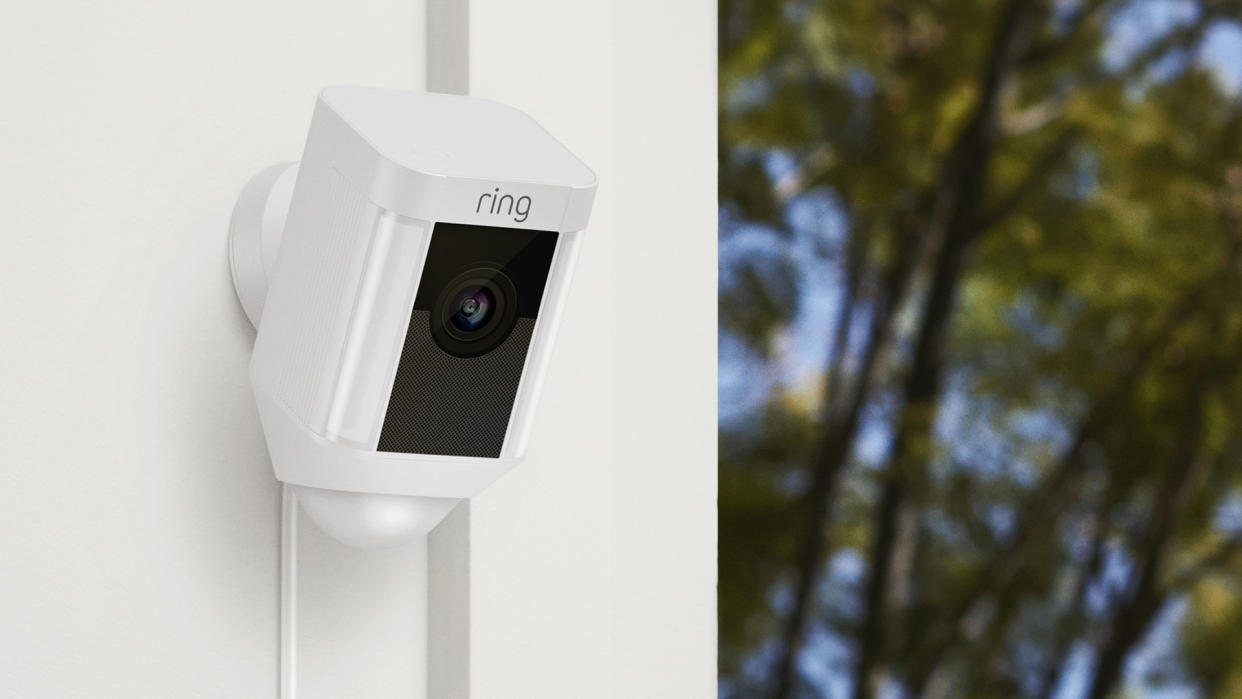
ABC's "Shark Tank" tries to match up budding entrepreneurs presenting their golden ideas to a panel of business-savvy powerhouses, dubbed the sharks. The goal is to get at least one of these sharks to fund them, while the sharks' aim is to find a good investment and own a piece of the business. However, in these high-stakes matchups, not every deal ends up going through.
Cash App Borrow: How To Borrow Money on Cash App
Read More: Top 10 Richest People in the World

Cinnaholic
Shannon and Florian Radke presented their vegan, dairy-free, customizable gourmet cinnamon buns to the sharks, seeking $200,000 in exchange for a 20% stake in the company. Robert Herjavec matched what they were looking for, but the deal fell through after the show "due to differences in vision for Cinnaholic's future success and profit," QSR reported.
Despite the lack of shark funding, the Radkes have continued to expand their ability to "solve everyone's dessert cravings" with more than 70 locations across the U.S. and Canada.
Take Our Poll: Do You Think Student Loan Debt Should Be Forgiven?
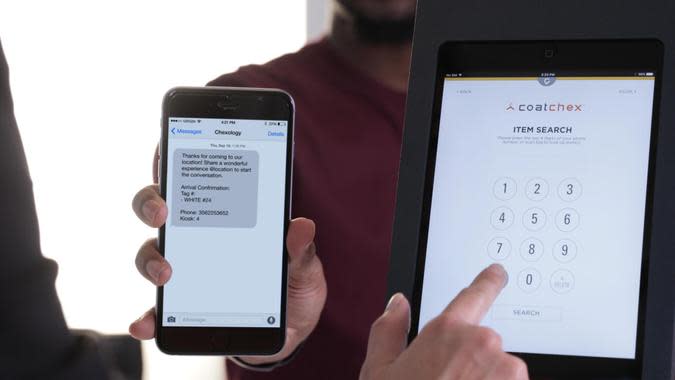
CoatChex
CoatChex, the brainchild of Derek Pacque, is a ticketless coat check system that Pacque pitched in Season 4. Mark Cuban was impressed enough by CoatChex to offer $200,000, along with a 33% equity stake in the company, which Pacque ultimately declined.
Pacque found success even without the funding, and his CoatChex system has since been used at major events like the Super Bowl, New York Fashion Week and Mercedes-Benz Fashion Week, according to Business Insider.
Now going by Chexology, services include things like bag checking and transportation rentals and brings in between $1 and $10 million annually. It also counts American Express, Nike, Barclays Center, Chase and Delta Airlines among its clients.
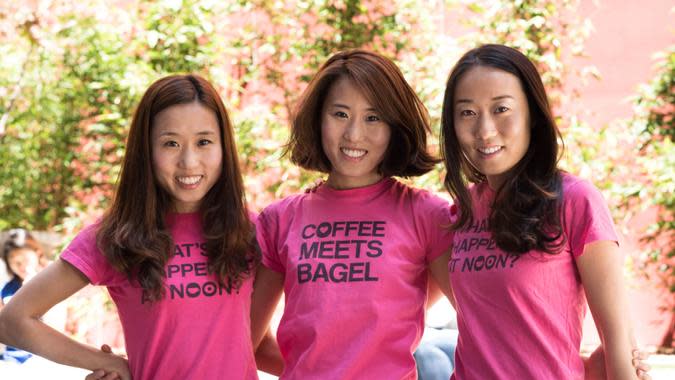
Coffee Meets Bagel
Sisters Arum, Dawoon and Soo Kang, who founded dating network Coffee Meets Bagel, appeared on season six of "Shark Tank" and requested $500,000 for a 5% equity stake. Cuban offered $30 million to buy the whole company outright -- the biggest offer in the show's history at the time. The Kang sisters were not looking to part with the business, and they declined.
Coffee Meets Bagel still got its needed funding. In February 2016, the sisters raised $7.8 million, and in 2018, the sisters raised $12 million for international expansion and live events. As of 2022, the company was valued at $150 million, according to ExactNetWorth. The business website also boasts that Coffee Meets Bagel has made more than 50 million matches and thousands of lasting relationships around the world.
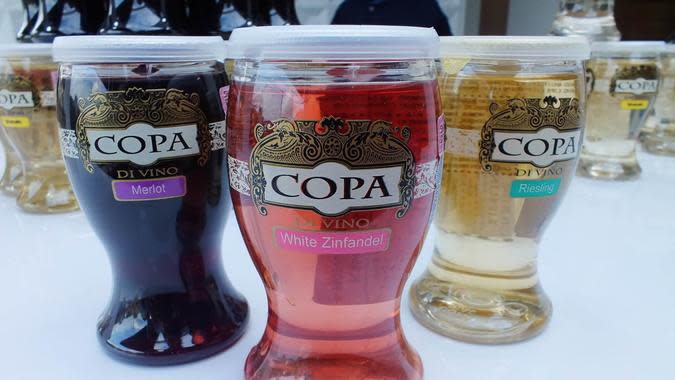
Copa Di Vino
James Martin pitched his product, Copa Di Vino -- wine served in a patented single-serve plastic container -- not once, but twice. He first appeared on Season 2 of the show, when he asked the sharks for a $600,000 investment in exchange for 30%of the business. Kevin O'Leary was interested in purchasing the patented container, but not the wine itself. Martin turned down every offer he got, given he was not interested in selling the container without his own wine as part of the deal.
Martin was invited to appear on the show again the following season after producers took notice of his booming sales -- the company went from $600,000 to $5 million in sales in just a year, ABC reported. Once again, the sharks offered to buy the container without the wine, and once again, Martin refused all of their offers.
In December 2020, Splash Beverage Group, Inc. announced that it acquired Copa Di Vino for $5.98 million. The current net worth of Splash Beverage Group is $72.4 million.
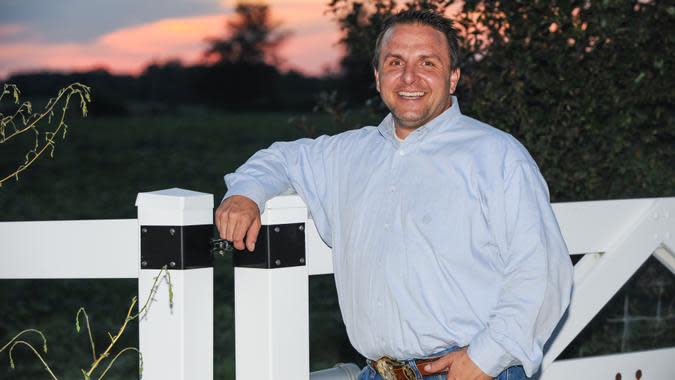
Echo Valley Meats
Dave Alwan and his specialty meats company, Echo Valley Meats, doesn't exactly fit in with these other stories because although he didn't turn down a "Shark Tank" deal, he was turned down by the sharks -- but he still managed to find success without them.
He first appeared in Season 4 of "Shark Tank," where he didn't receive an offer, but he did take their advice on strategy.
In the week after his appearance, the company made seven figures, and his sales went from $190,000 to $1.4 million. Alwan eventually returned to pitch his business in Season 6 and scored a deal with Cuban.
Today, the business continues to thrive, bringing in between $5 and $10 million in annual revenue. Alwan also expanded into the corporate gifts market and has become a regular on QVC.
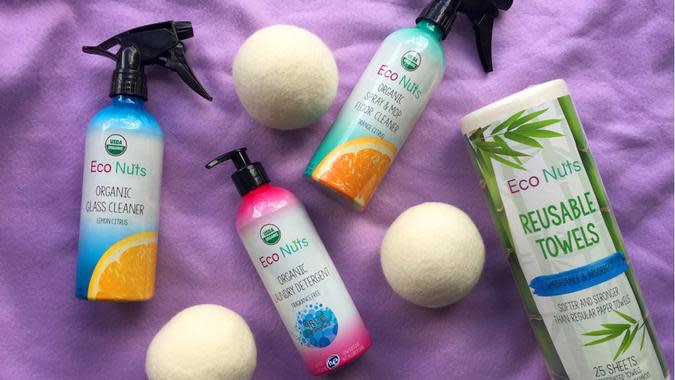
Eco Nuts
Eco Nuts, a natural detergent company, was on track to make $250,000 in sales when it appeared on Season 4 of "Shark Tank." The company's founders, Mona Weiss and Scott Shields, asked for $175,000 for a 15% equity stake.
Herjavec offered that amount for a 50%stake, but the couple was unwilling to part with that much of their company and turned it down.
Despite not getting a deal from "Shark Tank," the company still benefited from the exposure. Since Eco Nuts' appearance on the show, it pulls in about $1 million in annual sales revenue.
Unfortunately, Econuts went out of business in 2022.

First Defense Nasal Screens
Joseph Moore appeared on the second season of "Shark Tank," seeking $500,000 for 10% of his air filter company, First Defense Nasal Screens. With an $8 million overseas contract in hand, he impressed several sharks with his potential and fielded offers that included a $4 million bid.
Ultimately, Moore decided not to go through with the $4 million offer, but he did accept a smaller deal of $750,000 for a 30% stake and a 10 percent perpetual royalty -- along with getting season tickets to the Dallas Mavericks.
Turning down the $4 million "Shark Tank" money doesn't seem to have hurt the company. In 2015, Moore told GOBankingRates that First Defense Nasal Screens was a debt-free, multimillion-dollar company that was still privately owned and had licensing and distribution contracts all over the world.
In March 2021, First Defense Nasal Screens joined the battle against COVID-19 by opening up distribution worldwide and offering discounts to both customers and distributors to get the product into as many hands as possible.
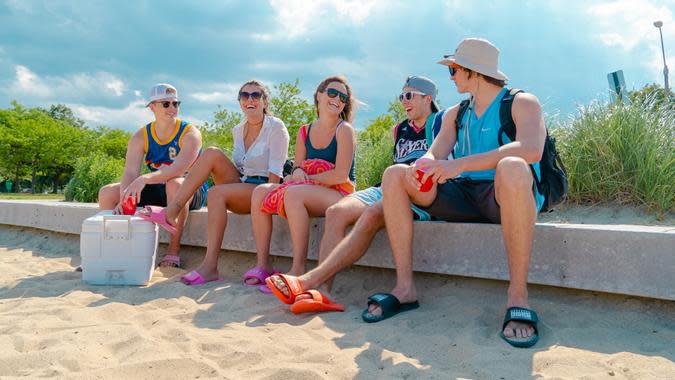
ISlide
ISlide founder Justin Kittredge appeared on "Shark Tank" in 2016, pitching his customized slide sandals. He was seeking $500,000 for 5% of the company -- but Herjavec offered $500,000 for 20 percent. Kittredge ended up walking away without a deal because he felt that was too much equity to give up.
However, the exposure enabled him to land deals with Neiman Marcus and Lids, and ISlide's estimated worth is around $20 million. The company also has over 50 licenses and over a dozen partnerships, including Nickelodeon and MLB.
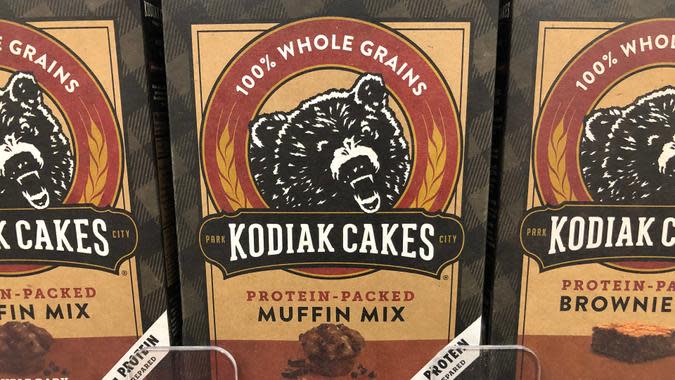
Kodiak Cakes
Joel Clark came on season five of "Shark Tank" asking for $500,000 in exchange for 10% of his company, which makes a healthy pancake mix. Multiple sharks made offers, including O'Leary and Barbara Corcoran, who collectively offered $500,000 in exchange for 50% of the company. Clark didn't want to give up so much equity, so he walked away from the show without a deal.
The show aired in 2014, and sales for that year nearly doubled, from $3.6 million in 2013 to $6.7 million the following year, Inc. reported. The company continued its upward trajectory and in 2020 was valued at an estimated $160 million.
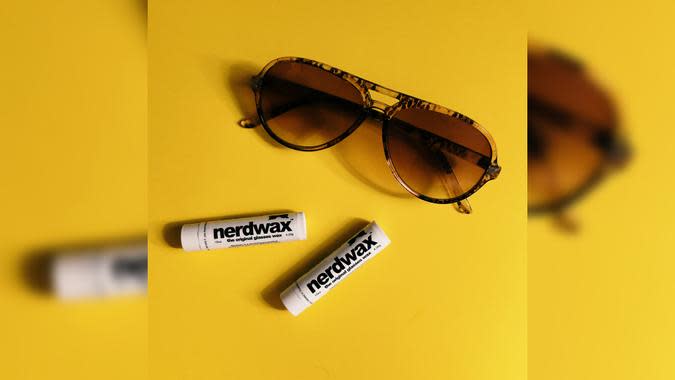
Nerdwax
The sharks couldn't come up with a deal that impressed the founders of Nerdwax, an all-natural product that's used to prevent glasses and sunglasses from slipping down the bridge of your nose. Don Hejny and his family asked for $80,000 in exchange for a 20% stake in the company. Although O'Leary and guest shark Troy Carter made offers, they were turned down. According to the Nashville Business Journal, Hejny was seeking mentorship from Cuban or Lori Grenier -- not just a capital supplier.
Nerdwax made $150,000 in sales in the 72 hours following the show, the Journal reported, and sales jumped from $136,000 before the "Shark Tank" episode aired to nearly $1 million, Hejny said on a podcast with Shopify back in 2016.
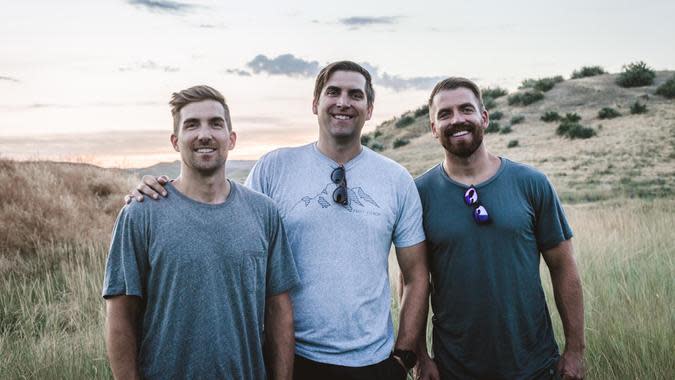
Proof Eyewear
Idaho brothers Taylor, Brooks and Tanner Dame pitched their hand-crafted, wood-framed eyewear to the sharks in season four. The "Shark Tank" investors were impressed enough by Proof Eyewear to bite: The best offer was $150,000 for a 25% equity stake with no royalties. The Dame brothers had originally hoped to only give up a 10% stake for the $150,000, and they countered with $200,000 for 20%, a deal that didn't sit well with the sharks.
Since their appearance on the show, the brothers forged ahead without shark funding. They opened a Proof flagship store in downtown Boise, Idaho, and the eyewear is sold in more than 20 countries across the globe. In 2022, the business is estimated to be worth about $7.5 million by Business Insider.
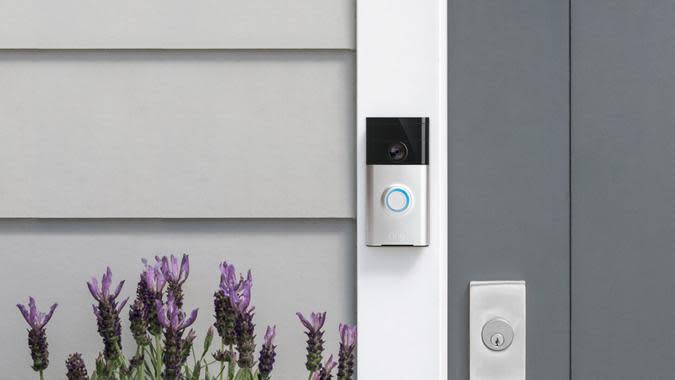
Ring Video Doorbell
In "Shark Tank" Season 5, Jamie Siminoff pitched DoorBot, a new take on the doorbell that allowed users to see and speak with someone at the door through their smartphones. Siminoff asked for $700,000 for a 10% equity stake, but the sharks turned down his offer. Despite not making the deal, the show's appearance helped revitalize the company and garnered $5 million in sales.
The company has since stopped producing DoorBots in favor of the newer, sleeker Ring Video Doorbell. In 2018, Ring was acquired by Amazon for $1 billion. Ring's global net sales for 2021 were $471.2 million.
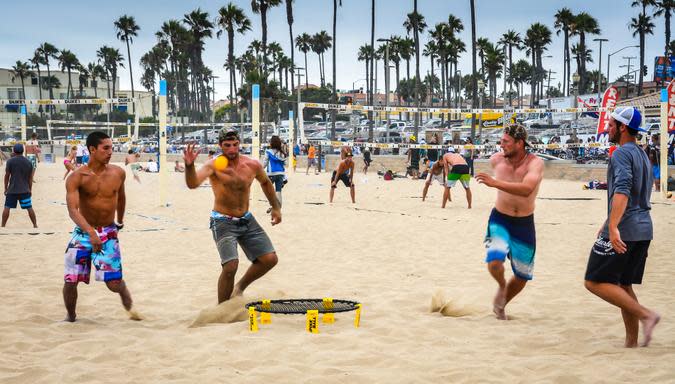
Spikeball
In Season 6, Chris Ruder pitched Spikeball -- a two-on-two game that resembles volleyball. Daymond John offered Ruder $500,000 for 20% of the company, but the deal ultimately fell apart. John wanted Ruder to allow Marvel Comics to make a Spider-Man Spikeball set, which Ruder had no interest in doing, and the deal was defunct before the episode aired in May 2015.
Apparently, Spikeball didn't need that deal. As of 2022, the company's annual revenue is $6.9 million, according to Kona Equity.
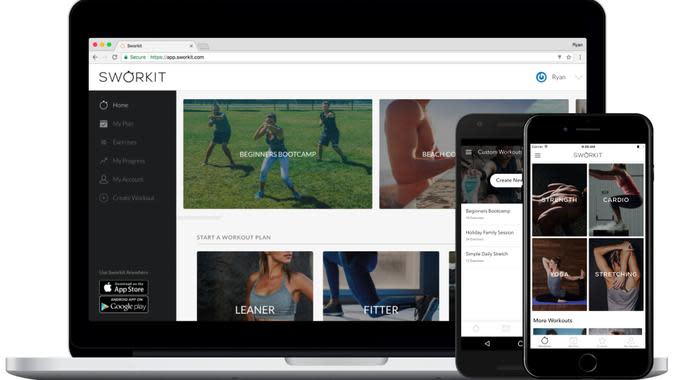
Sworkit
Ben Young, CEO of Sworkit by Nexercise Inc., and Greg Coleman, president and chief operating officer, received an astounding $1.5 million investment offer from Cuban for their popular fitness app Sworkit in Season 7. Cuban's investment would have snagged him 10 percent of the business and $1.5 million worth of unsold ad space on the app.
Young and Coleman entered the Tank offering 8% of the company for the $1.5 million price point but decided to accept Cuban's offer. However, the deal ultimately fell apart due to a difference in vision.
Sworkit is now one of the top fitness and health apps, and over 30 million downloads and 10 million registered users, with annual revenue around $60 million.
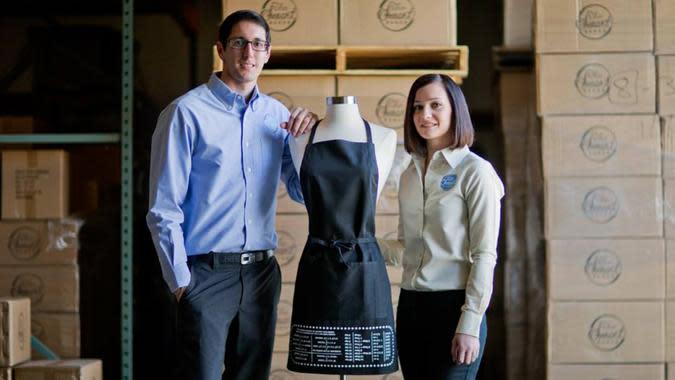
The Smart Baker
Husband-and-wife team Stephanie and Daniel Rensing appeared on Season 3 of "Shark Tank," selling bakeware that makes cooking simpler and easier. Corcoran was impressed by their company and offered $75,000 for a 40% equity stake and a 5 percent royalty, which the Rensings accepted but later declined.
The company's revenue grew to $600,000 in the year after the 2012 episode aired pulls in around $1 million annually. The Smart Baker continues to add to its product offerings, which now include customizable cupcake towers, cake pop stands and pre-cut parchment paper.
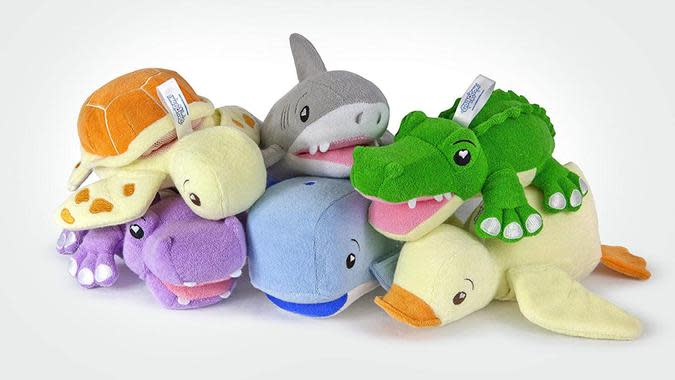
SoapSox
Ray Phillips pitched his kid-friendly washcloths to the sharks in 2014, offering 10% of the company for a $260,000 investment. John offered Phillips $260,000 for 33 percent of the company, and Grenier and Herjavec teamed up to offer $1 million to own the company outright. Phillips rejected the offers.
The rejection didn't hurt the company's bottom line though. Since the show, SoapSox has established a collaboration with Disney Baby, and products are now available at numerous baby and gift stores, as well as Nordstrom and Amazon with an estimated annual revenue of $8 million.
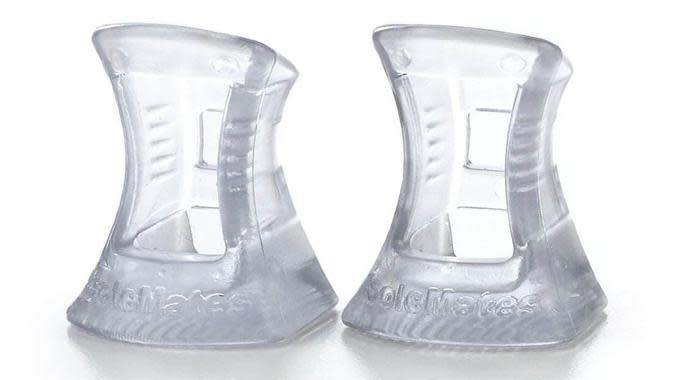
Solemates
Solemates founders Monica Ferguson and Becca Brown pitched their high heel protectors to the sharks in 2016. Although they received offers from both Herjavec and O'Leary, they turned the sharks down, telling Cheddar in a 2017 interview that they felt it was the best move for the business at the time.
Since the show, the brand partnered with CVS to put their product on shelves in over 4,000 locations nationwide as well as on Amazon. It's helped push their annual sales revenue to around $2 million.
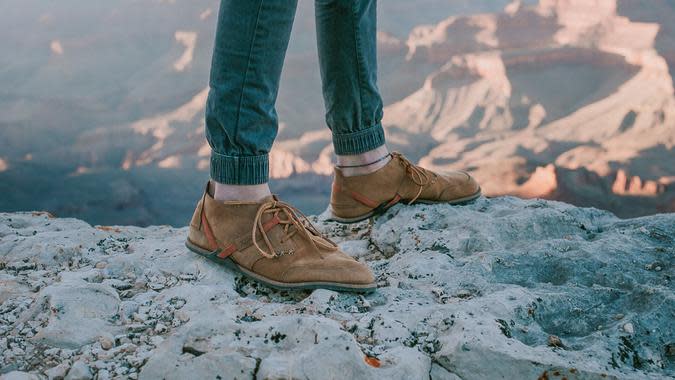
Xero Shoes
Husband-and-wife team Steven Sashen and Lena Phoenix appeared on "Shark Tank" during season four, pitching their running shoes that simulate running barefoot. O'Leary made them an offer of $400,000 for 50% equity, but the couple turned it down.
The publicity from the show gave the company a sales boost, despite the lack of a deal. In the first week after the show aired, 2,500 people ordered a pair of Xero Shoes, Sashen wrote in a blog post on the company's website. As of this year, its net worth is estimated at around $5 million. In 2020, USA Artistic Swimming, a women's Olympic discipline, signed Xero as its official footwear partner.
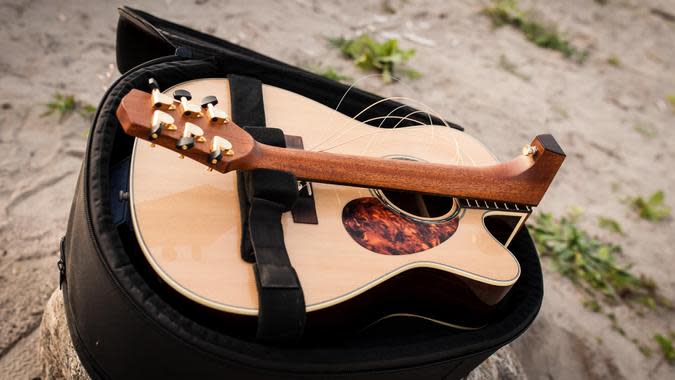
Voyage-Air Guitar
Jeff Cohen appeared on the first season of "Shark Tank," asking for $500,000 for 5% of Voyage-Air Guitars, which makes guitars that fold in half for easier transportation. The sharks offered $500,000 for a 51% stake in the company, which Cohen declined.
Cohen returned for a taping in Season 3, which eventually led to a finalized deal in Season 4. And today, the business is still in play, with a variety of guitars and accessories for sale. As of July 2022, the company is bringing in $1 million in annual revenue.
More From GOBankingRates
Food Stamps Schedule: When Can I Anticipate September 2022 SNAP Payments?
Check Out Readers' Favorite Small Businesses in Our 2022 Small Business Spotlight
This Credit Score Mistake Could Be Costing Millions Of Americans
Christian Long and Gabrielle Olya contributed to the reporting for this article.
This article originally appeared on GOBankingRates.com: Million-Dollar Businesses That Turned Down ‘Shark Tank’ Deals
